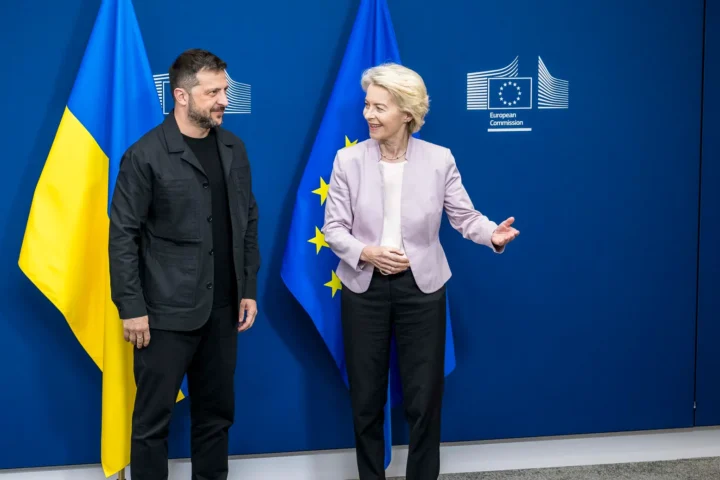India’s largest state-owned oil refiner, Indian Oil Corp (IOC), has sharply increased its purchases of crude oil from alternative suppliers, acquiring at least 5 million barrels from the United States and another 2 million from Abu Dhabi. According to Bloomberg, citing traders familiar with the transactions, the deliveries are scheduled for the near future—making them unusually urgent by the company’s usual standards.
Washington Increases Pressure on New Delhi
IOC’s intensified activity follows mounting pressure from both the United States and the European Union, which have recently criticized India for increasing its imports of Russian oil. President Donald Trump has once again threatened to impose secondary sanctions on countries that continue to purchase energy from Moscow. In his latest statement, Trump singled out India directly, saying the country would “pay an additional economic price” for its ongoing purchases.
According to Bloomberg, Indian state-run processors have been instructed to urgently develop new supply plans that exclude Russian oil. This has resulted in a series of back-to-back tenders launched by IOC—an unusual move that traders see as a sign of growing urgency and political sensitivity.
India Seeks Balance Between Profit and Risk
Until recently, India had become the world’s largest buyer of Russian seaborne crude, especially the Urals grade, which was offered at significant discounts. These purchases helped New Delhi ease domestic inflationary pressures and bolster energy security.
Now, however, with the growing threat of sanctions, IOC is actively diversifying its sources. In addition to oil from the US and Abu Dhabi (including the Murban grade), the company also purchased 4 million barrels of West African crude—scheduled for delivery within the same time frame.
Although Indian Oil has not issued an official statement, the nature and scale of these recent acquisitions suggest that India is trying to maintain a delicate balance: preserving its advantageous relationship with Russia while avoiding economic retaliation from the West.
This article was prepared based on materials published by Bloomberg. The author does not claim authorship of the original text but presents their interpretation of the content for informational purposes.
The original article can be found at the following link: Bloomberg.
All rights to the original text belong to Bloomberg.


















